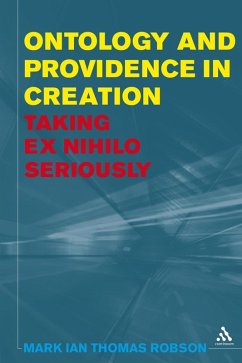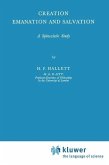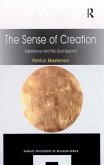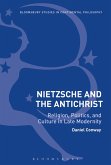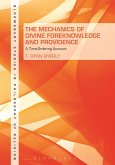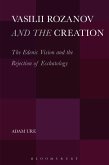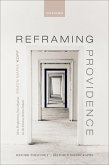Ontology and Providence in Creation critically examines a particular Leibnizean inspired understanding of God's creation of the world and proposes that a different understanding should be adopted. The Leibnizean argument proposes that God's understanding encompassed a host of possible worlds, only one of which he actualized. This proposition is the current orthodoxy when philosopher and theologians talk about the philosophical understanding of creation.
Mark Robson argues that this commits the Leibnizean to the notion that possibility is determinate. He proposes that this understanding of creation does not do justice to the doctrine that God created the world out of nothing. Instead of possible worlds, Robson argues that we should understand possibility as indeterminate. There are no things in possibility, hence God created out of nothing. He examines how this conception of possibility is held by C.S. Peirce and how it was developed by Charles Hartshorne. Robson contends that not only does the indeterminate understanding of possibility take seriously the nothing of ex nihilo, but that it also offers a new solution to the problem of evil.
Mark Robson argues that this commits the Leibnizean to the notion that possibility is determinate. He proposes that this understanding of creation does not do justice to the doctrine that God created the world out of nothing. Instead of possible worlds, Robson argues that we should understand possibility as indeterminate. There are no things in possibility, hence God created out of nothing. He examines how this conception of possibility is held by C.S. Peirce and how it was developed by Charles Hartshorne. Robson contends that not only does the indeterminate understanding of possibility take seriously the nothing of ex nihilo, but that it also offers a new solution to the problem of evil.

